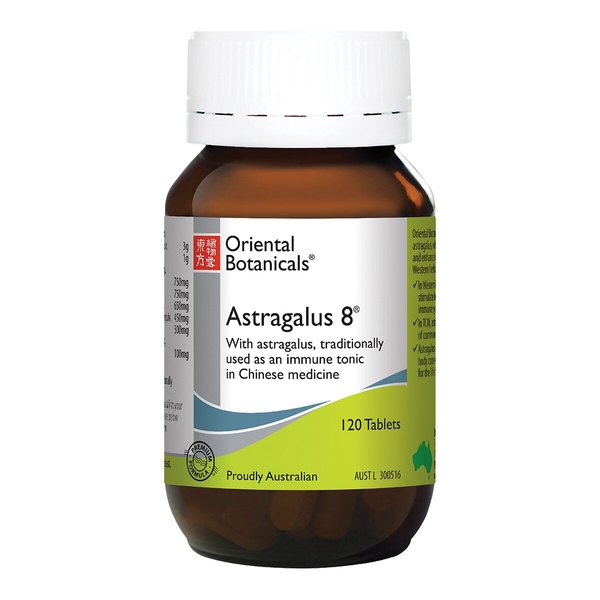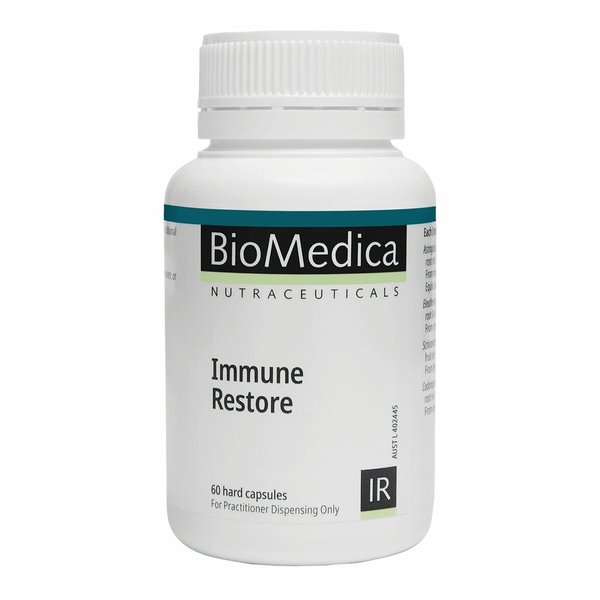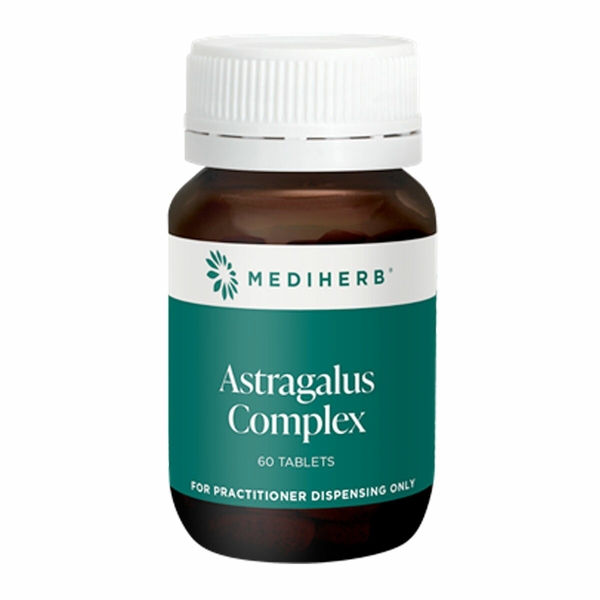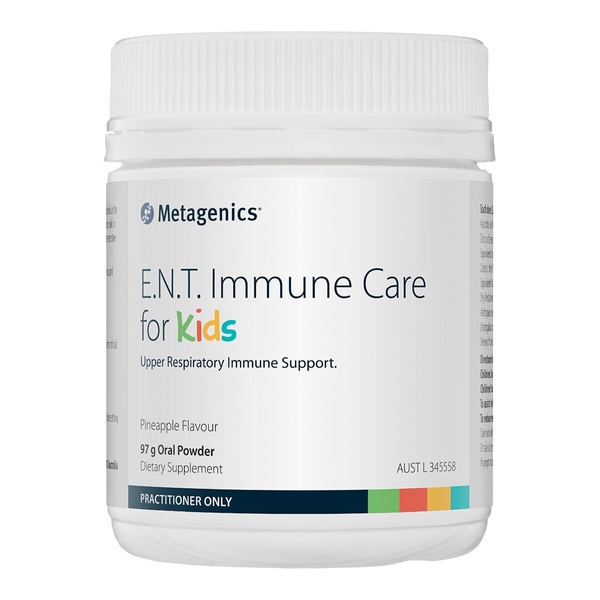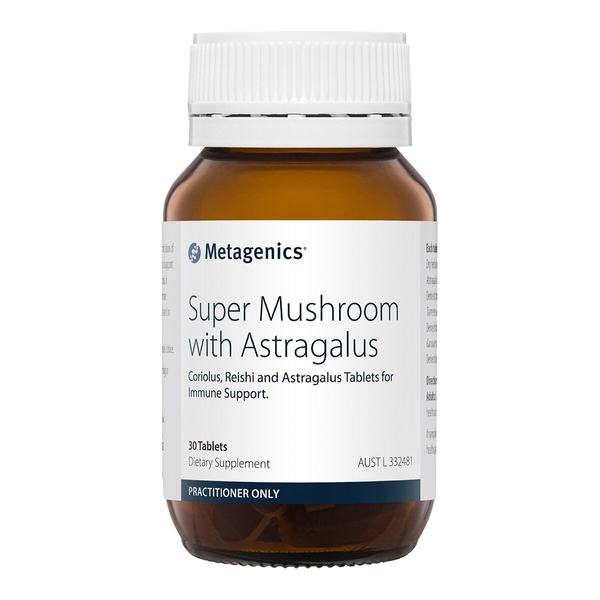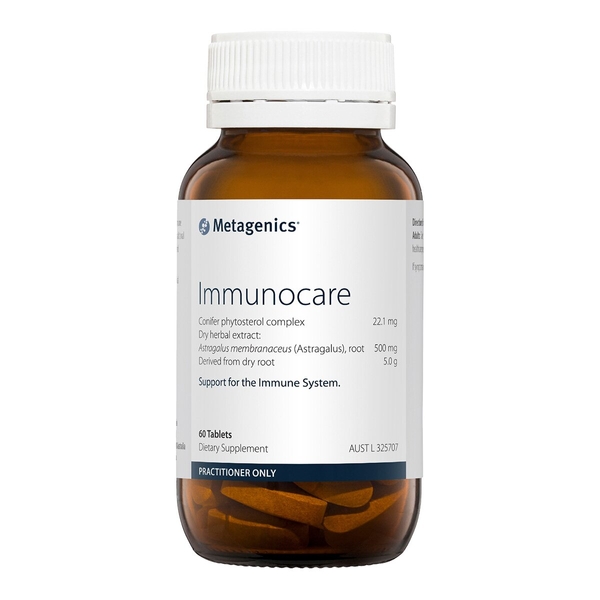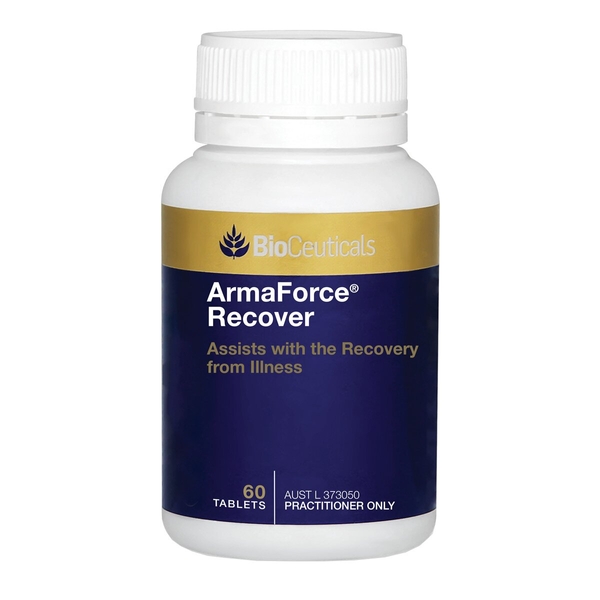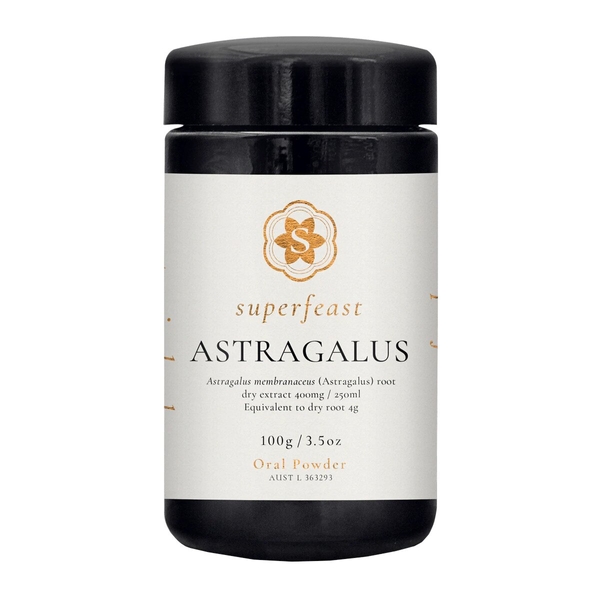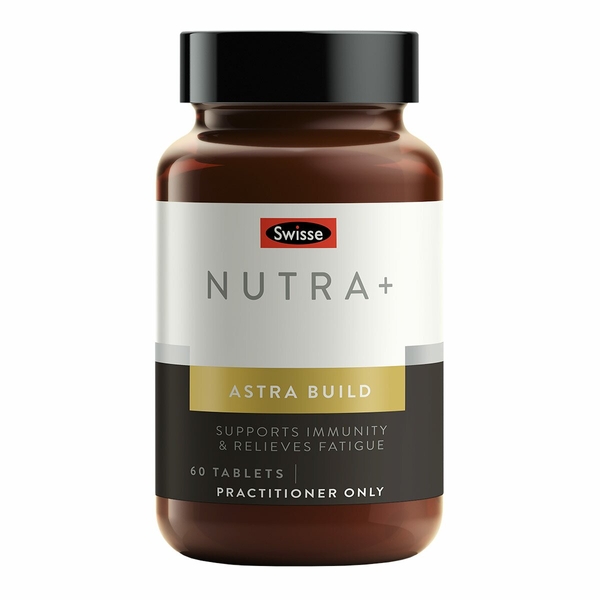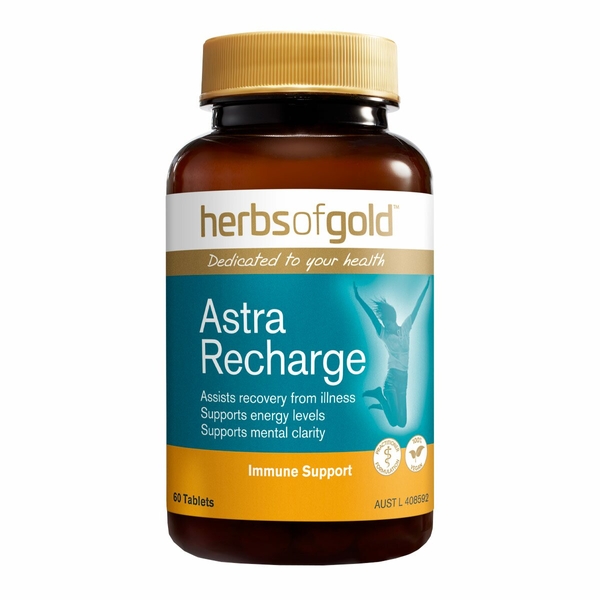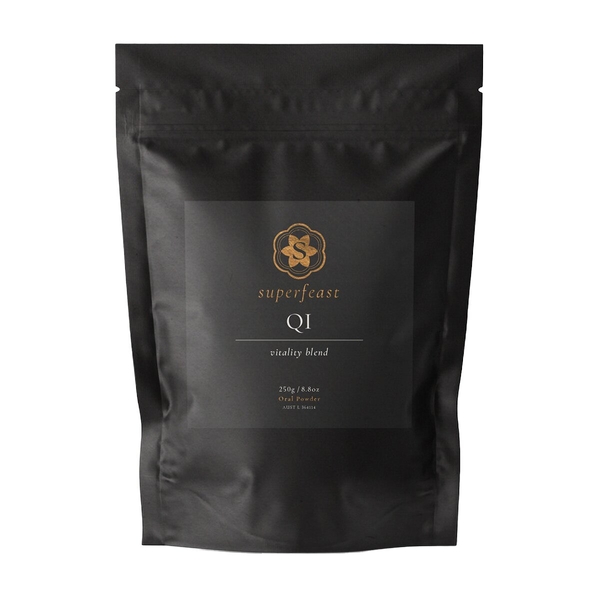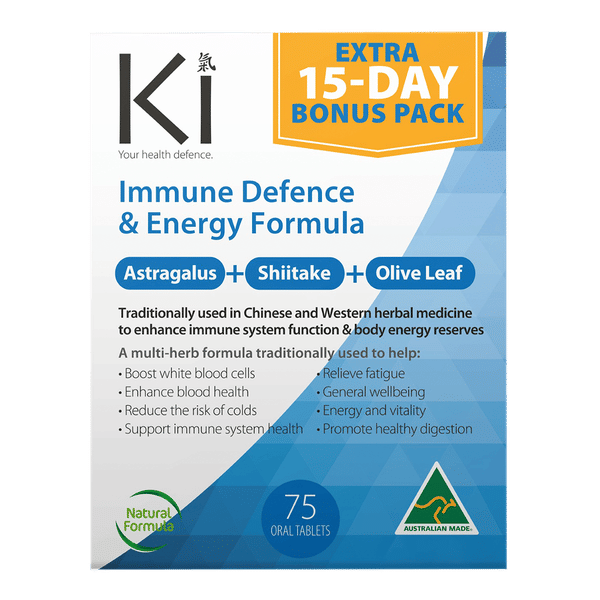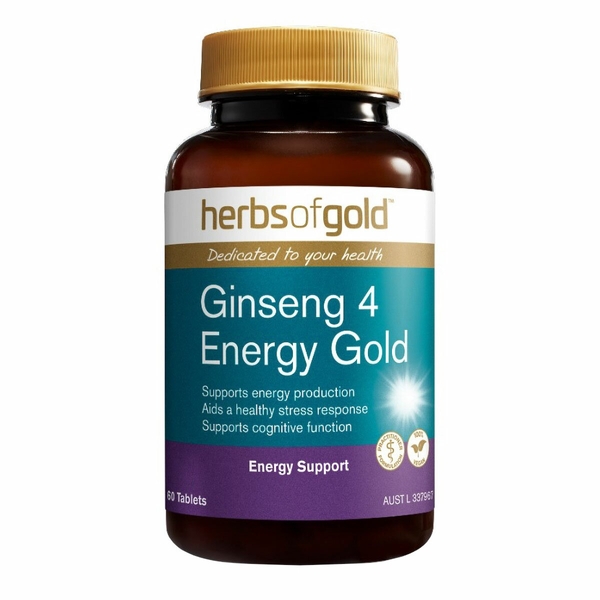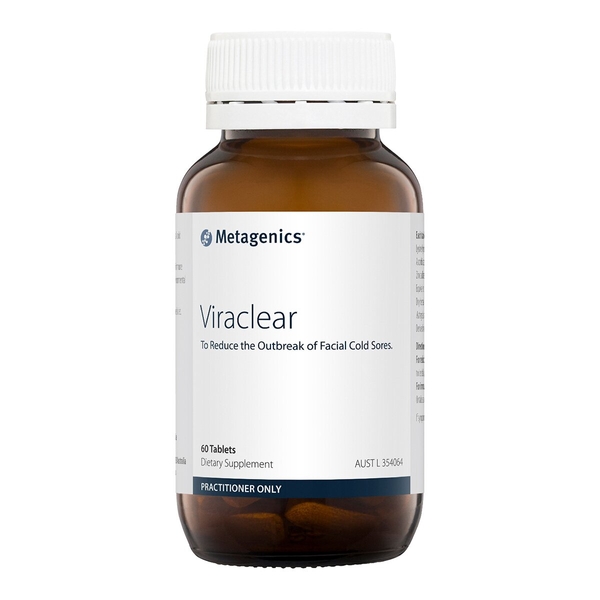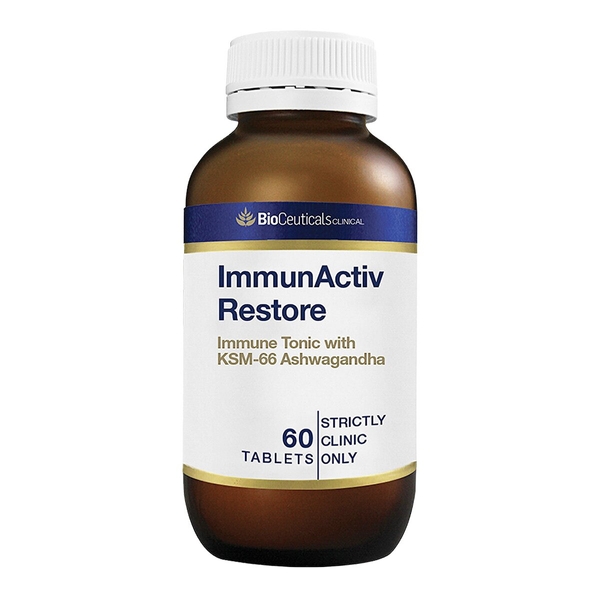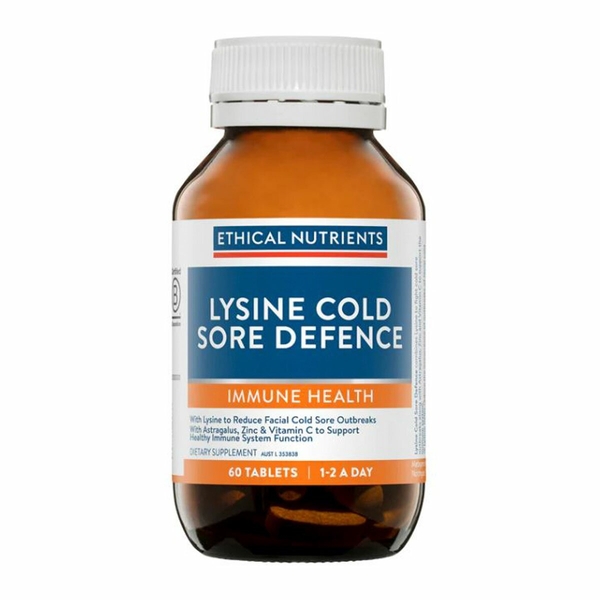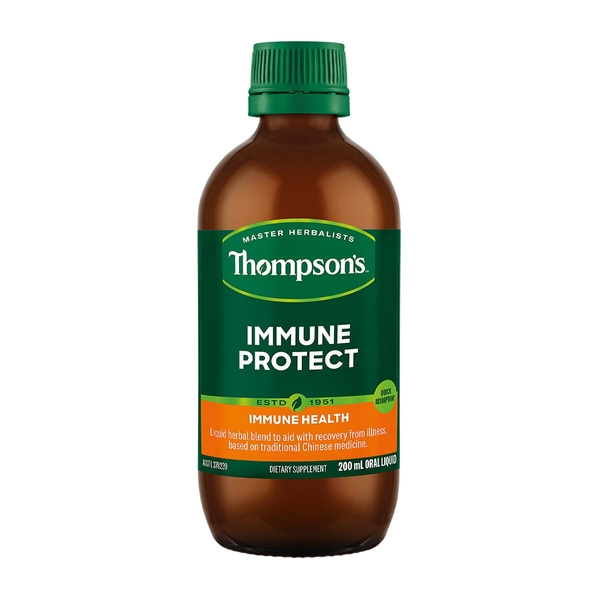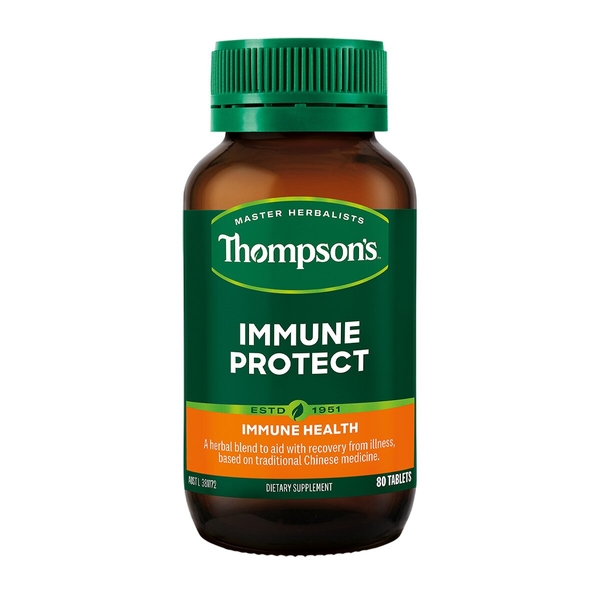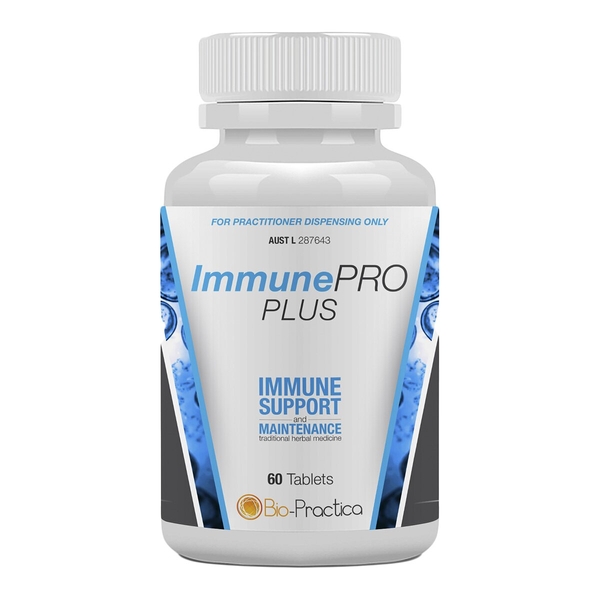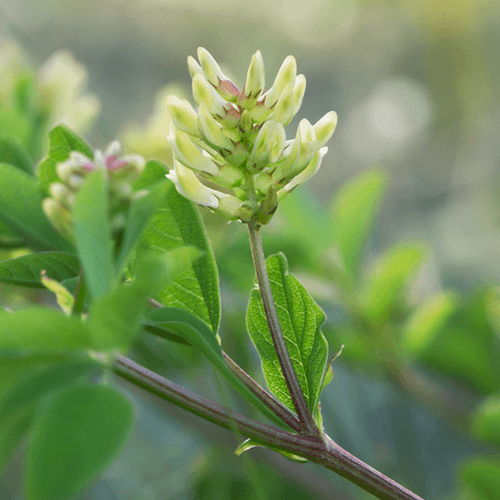
Background
Astragalus is considered an adaptogen. Adaptogens are a class of natural substances that are believed to stimulate the body's resistance to physical, environmental, and emotional stressors. The chemicals in astragalus also seem to stimulate the immune system and reduce swelling.
People commonly use astragalus for hay fever, diabetes, kidney disease, and many other conditions, but there is no good scientific evidence to support these uses. There is also no good evidence to support using astragalus for COVID-19.
There are many species of astragalus. Some species contain a nerve toxin and have been linked to livestock poisonings. These include Astragalus lentiginosus, Astragalus mollissimus, and others. But these species usually aren't found in dietary supplements. Most astragalus supplements contain Astragalus membranaceus. Also, don't confuse astragalus with tragacanth. These are different plants.
Safety Safety definitions
When applied to the skin: There isn't enough reliable information to know if astragalus is safe or what the side effects might be.
Special Precautions & Warnings:
Pregnancy and breast-feeding: There isn't enough reliable information to know if astragalus is safe to use when pregnant or breast-feeding. But some research in animals suggests that it can be toxic during pregnancy and to the fetus. Stay on the safe side and avoid use."Auto-immune diseases" such as multiple sclerosis (MS), lupus (systemic lupus erythematosus, SLE), rheumatoid arthritis (RA), or other immune system conditions: Astragalus might make the immune system more active. This could worsen the symptoms of auto-immune diseases. Avoid using astragalus if you have any of these conditions.
Effectiveness
Dosing & administration
Interactions with pharmaceuticals
Cyclophosphamide
Interaction Rating=Moderate Be cautious with this combination.
Cyclophosphamide is used to make the immune system less active. Astragalus increases the activity of the immune system. Taking astragalus along with cyclophosphamide might decrease the effects of cyclophosphamide.
Lithium
Interaction Rating=Moderate Be cautious with this combination.
Taking astragalus might decrease how well the body gets rid of lithium. This could increase how much lithium is in the body and result in serious side effects. Talk with your healthcare provider before using this product if you are taking lithium. Your lithium dose might need to be changed.
Medications for diabetes (Antidiabetes drugs)
Interaction Rating=Moderate Be cautious with this combination.
Astragalus might lower blood sugar levels. Taking astragalus along with diabetes medications might cause blood sugar to drop too low. Monitor your blood sugar closely.
Medications that decrease the immune system (Immunosuppressants)
Interaction Rating=Moderate Be cautious with this combination.
Astragalus can increase the activity of the immune system. Some medications, such as those used after a transplant, decrease the activity of the immune system. Taking astragalus along with these medications might decrease the effects of these medications.
Interactions with herbs & supplements
Interactions with foods
Products
View all products- Astragalus membranaceus (Astragalus) ext. 200 mg equiv. polysaccharides 140 mg
- Codonopsis pilosula ext. 150 mg
- Ganoderma lucidum ext. 75 mg
- Eleutherococcus senticosus ext. 33.33 mg
- Ligustrum lucidum ext. 87.5 mg
- Schisandra chinensis ext. 50 mg
- Atractylodes macrocephala ext. 150 mg
- Glycyrrhiza uralensis ext. 20 mg

